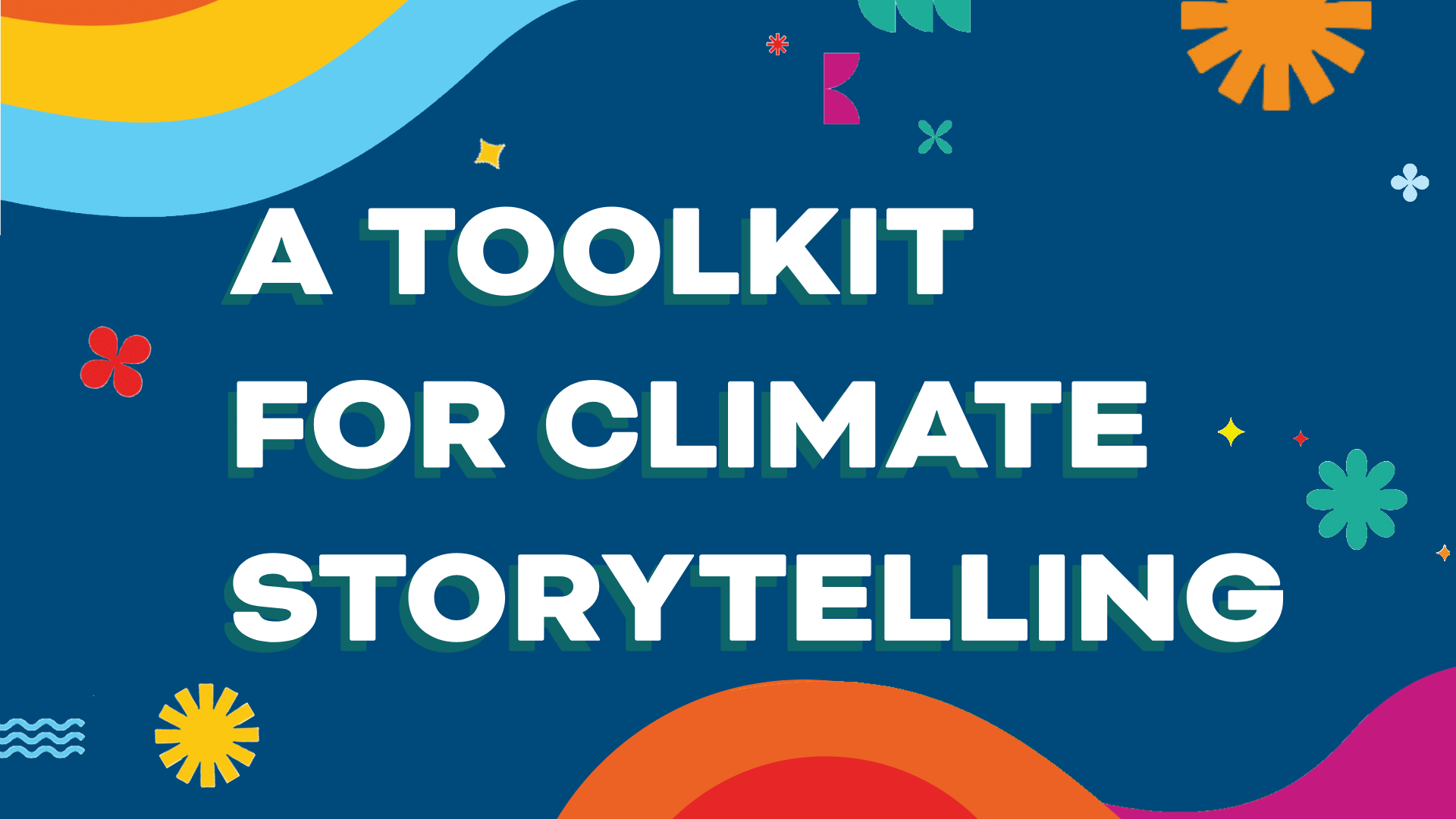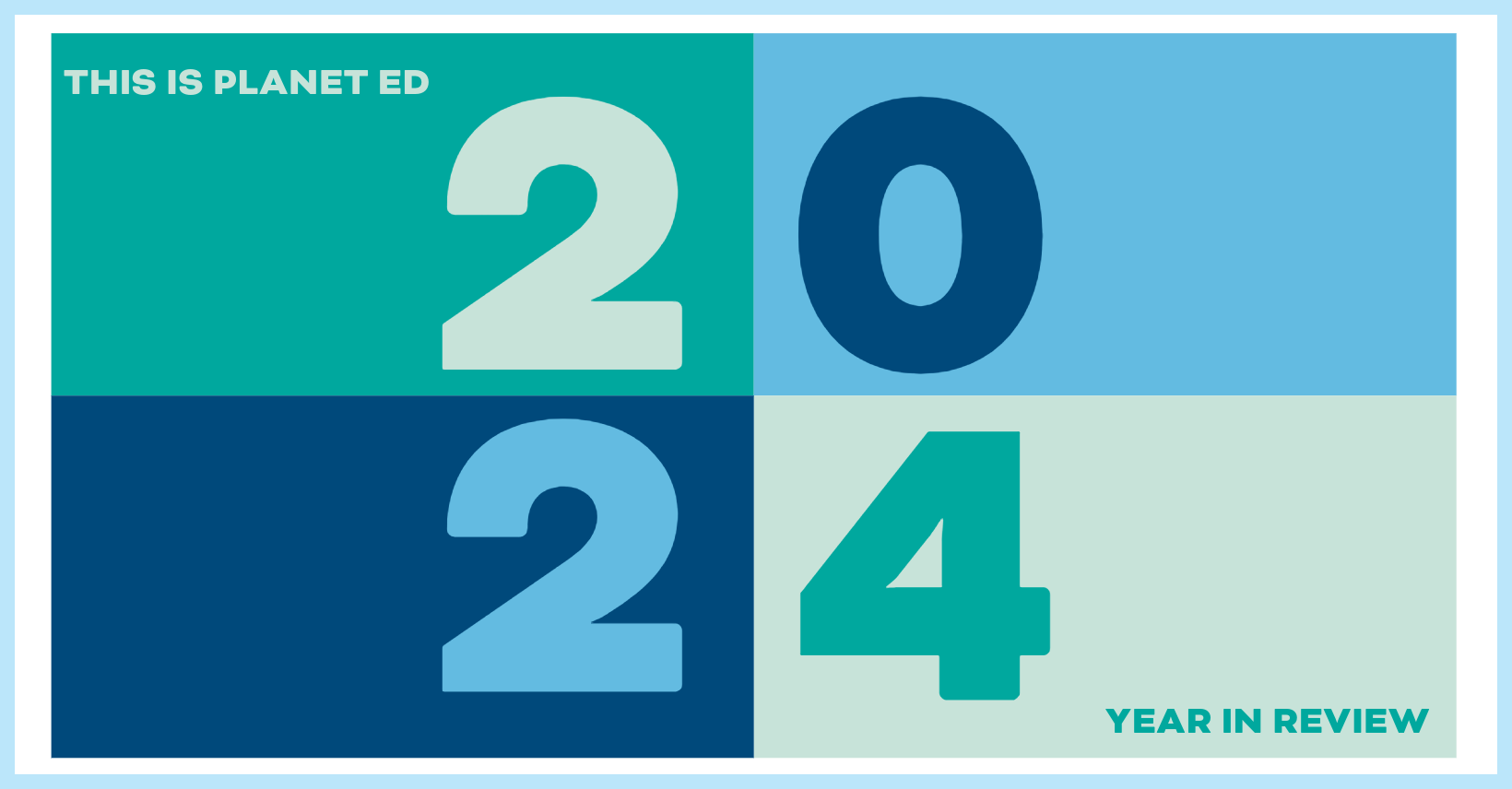Resources — Press Releases
The Aspen Institute Launches K12 Climate Action
Initiative unlocks the power of the education sector for climate action, solutions, and environmental justice
Contact: Nell Callahan
nell@frontwoodstrategies.com
202-262-0721
Washington, DC, September 23, 2020 – As the nation faces some of the most intense consequences of climate change and the disruption of traditional school as a result of COVID-19, the Aspen Institute launched K12 Climate Action to create a comprehensive action plan to address climate change in the United States by leveraging the power of the education sector. Public schools educate nearly one in every six Americans annually and are one of the largest energy consumers among public sector buildings, but have been left out of the conversation about climate solutions. To address this, K12 Climate Action is launching a commission dedicated to developing an action plan and building a coalition of people and organizations to support the public K-12 education sector in moving toward climate action, solutions, and environmental justice.
Co-chaired by John B. King Jr., president and CEO of The Education Trust and 10th U.S. Secretary of Education under President Barack Obama, and Christine Todd Whitman, president of the Whitman Strategy Group and former Governor of New Jersey and Administrator of the Environmental Protection Agency under President George W. Bush, K12 Climate Action, consists of 22 commissioners and over 20 coalition partners. It will release an action plan in 2021 that will take advantage of schools’ unique position to educate and prepare a new generation of students to advance a more sustainable world.
“America’s public schools are a promising asset in the nation’s necessary and urgent fight against climate change. That is why K12 Climate Action is bringing together educators, along with environmental experts, civil rights leaders, activists, policymakers, and others to help ensure our schools are supported in increasing their environmental sustainability, all while preparing our children for the challenges and opportunities of the future,” said King.
“The need to address climate change and protect our environment is urgent, and every person in every part of our society needs to take action,” said Whitman. “I’m proud to be part of this first-of-its-kind collaboration, and work alongside students, educators, experts, and activists to develop a comprehensive plan to equip our youth with the knowledge and skills to help advance a more sustainable society.”
K12 Climate Action will focus on four key areas: transitioning to more sustainable operations including energy, transportation, and food use; building resilience in preparation for disruptions and negative impacts related to climate change; supporting teaching and learning to equip children and youth with the knowledge and skills to build a more sustainable world; and elevating the voices and needs of Black, Latinx, Asian and Pacific American, Indigenous and other communities of color as well as low-income students and families.
“The Aspen Institute is proud to foster this important collaboration between education and climate change experts and activists,” said Dan Porterfield, president and CEO of the Aspen Institute. “Climate change is not simply an environmental issue. It is a people issue that is impacting and will continue to impact every facet of society. With K12 Climate Action, our education sector is recognizing the need to come together to develop a plan to respond and act.”
In the United States, 50 million children and young people attend public schools. With 98,000 schools, 480,000 diesel school buses, and 7 billion meals served annually, the education sector has a considerable environmental impact and offers one of the greatest opportunities to increase sustainability.
For more information, visit k12climateaction.org and join the conversation by following K12 Climate Action on Facebook, Twitter and Instagram.
###
The Aspen Institute is a global nonprofit organization committed to realizing a free, just, and equitable society. Founded in 1949, the Institute drives change through dialogue, leadership, and action to help solve the most important challenges facing the United States and the world. Headquartered in Washington, DC, the Institute has a campus in Aspen, Colorado, and an international network of partners. For more information, visit www.aspeninstitute.org.

